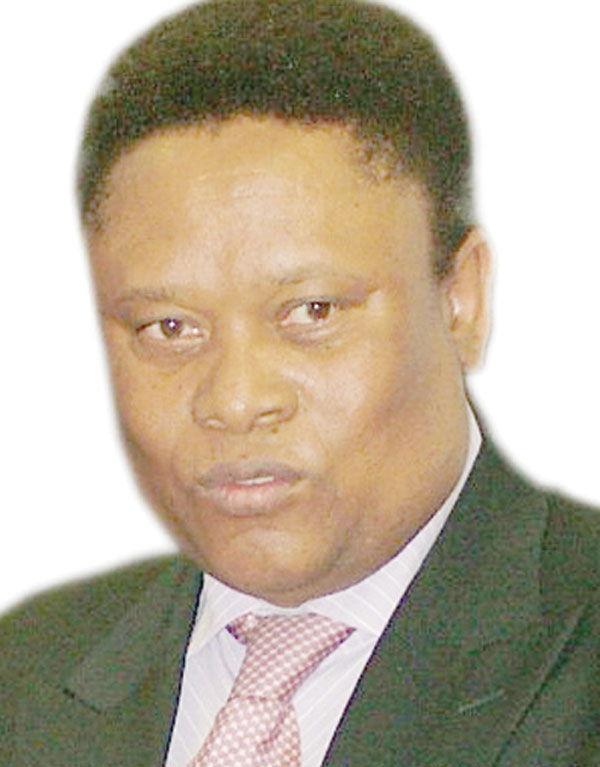
Fish stocks weighted against quotas

The Minister of Fisheries and Marine Resources, Hon Bernard Esau said last week in Walvis Bay that a more transparent quota allocation system for individual right holders is underway with a promise of increased quotas for equity partners.
Speaking at the launch of a proposed proportional fishing quota allocation system, Esau was deliberate in explaining that a weight assignment for the fishing industry will soon be implemented, despite there being no Total Allowable Catch (TACs) weights assigned to fishing quotas.
A formula or values to be published for the proportional pro rata system is underway as per the Marine Resources Act which was amended last year. The new law addresses issues of quota allocation and does not clearly require a formula or values to be gazetted for evaluation of the criteria.
During the criteria evaluation process, jobs created by the fishing industry will be verified as they currently stand at 15,000 jobs at the right holder level, and a further 60,000 jobs created indirectly.
Esau encouraged existing rights holders to enhance job creation particularly through value adding and advised fishing right holders to pay their fair share of resources rent for distribution to the rest of the economy.
The reason for the adjustments to the current quota allocation system is to make it more transparent and predictable, in line with the law. Data collected from right holders under these new forms can, and will be used as a basis to allocate quotas during the upcoming fishing seasons as is currently the norm.
“The fact that there are no weights attached to the criteria at this stage does not impede the requirement for right holders to submit data on criteria such as employment” Esau said stressing that the criteria evaluation rewards those who create higher quality jobs per number of months per year, measured as salary per month. He said the new criteria will also take labor laws into consideration.
“First, we encourage right holders to include workers as equity participants in their companies and adopt the principle of co-determination in the management of fishing companies and share in the profits or losses.” This, Esau said will ensure that individual right holders will be held accountable against a more transparent performance based system as the current performance of the various 358 right holders can not be justified.
Also, soon to be implemented are provisions of the Cabinet-commissioned study on quota fees, which was concluded some years ago, and which recommend, among other aspects, that management of fisheries in Namibia should be financed from the fisheries sector.
“I hope that we all agree that the ministry should spend more time evaluating performance and allocating quotas to right holders, rather than verifying whether or not the information received from right holders is truthful and complete.” Esau said, advocating for an inclusive fishing quota allocation process.
Esau committed himself to ensure that all official services which are directly linked to serving the industry are offered at the cost of the industry. Such activities range from control and protection of the resource by setting a Total Allowable Catch for each commercial species, surveillance activities of the fishing zone, and research.











































